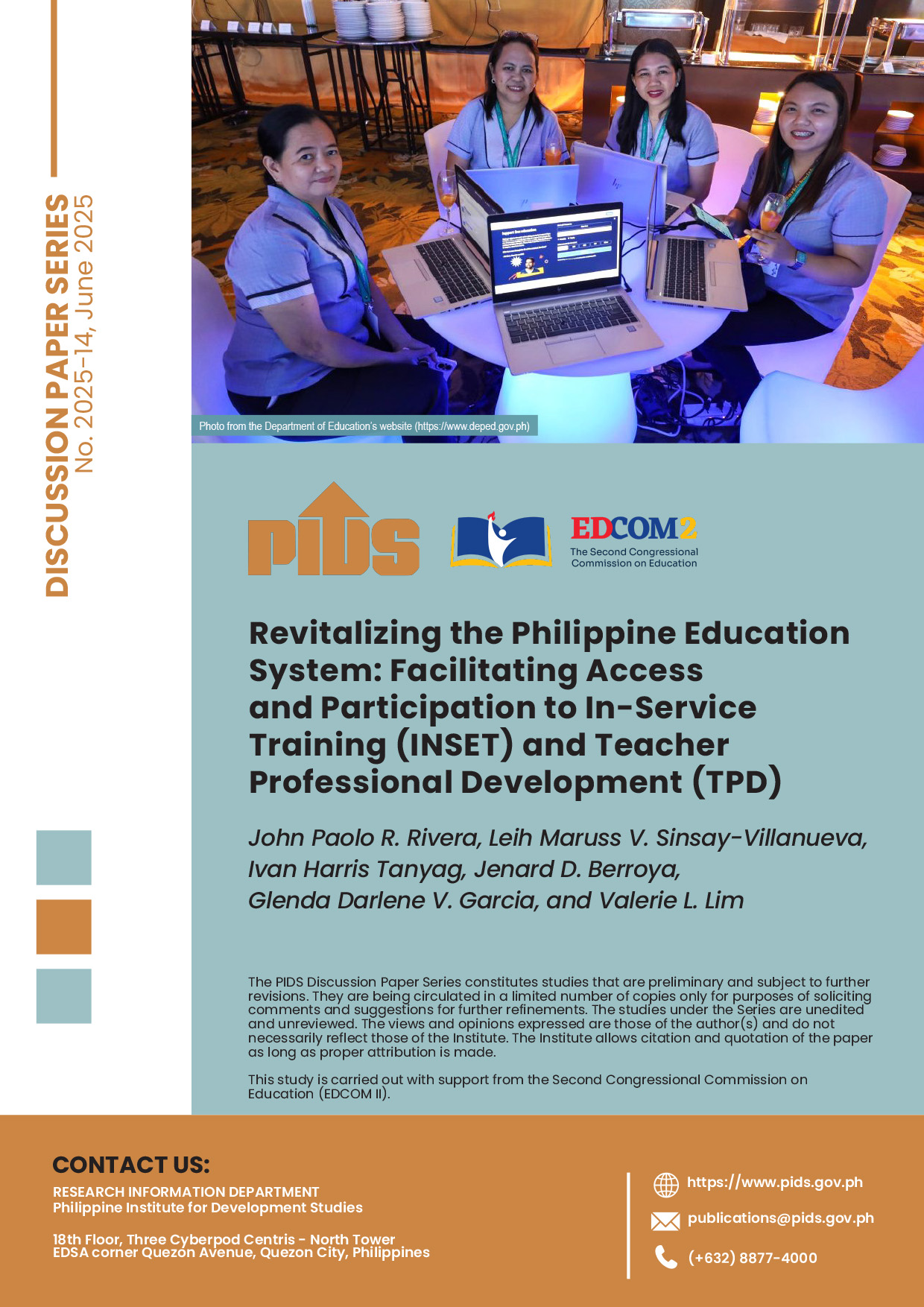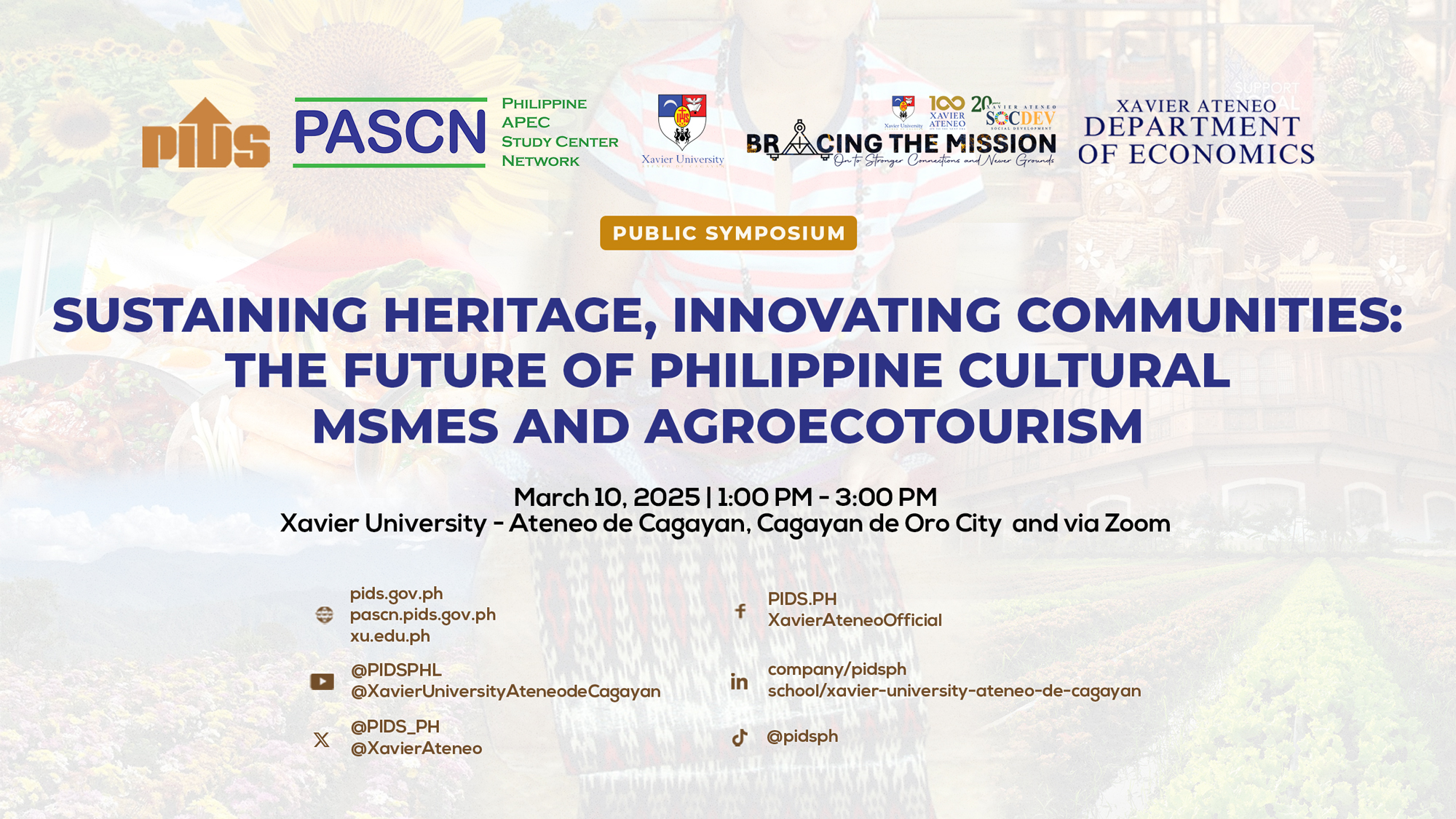SEVENTEEN industries have been identified for industrial upgrading and transformation based on the Philippine Manufacturing Industry Roadmap (PMIR). The Department of Trade and Industry (DTI) has commissioned the Philippine Institute of Development Studies (Pids) to conduct the study and drafting of the PMIR. The study started in December 2012.
These industries are automotive and auto parts, motorcycle and parts, shipbuilding, chemicals and allied industries, electronics, electrical appliances, garments, textiles, copper, food and agri-business, pulp and paper, rubber, furniture jewelry, iron and steel, tool and die, and mental casting. "These were chosen based on these criteria: (1) strong potential to generate employment, (2) address missing gaps, linkages, and spill-over effects, (3) level of product sophistication and, (4) competitive market environment," Pids acting vice president Dr. Rafaelita M. Aldaba said during the 3rd National Conference of the Independent Business Clubs yesterday at the Marco Polo Hotel. In her presentation, she showed five action plans for the various industries in the PMIR. The first is to close supply and chain gaps in the copper, furniture, tool and die, paper, iron and steel, petrochemical, and plastic. "Some of the measures, for example in the copper sector, is that we need an institutional mechanism to fully integrate the industry, in the furniture sector we need supply hubs for raw and natural materials, and for the paper there is a need to expand fiber raw material base, develop massive tree plantations and commercial agro forestry integrated with virgin wood pulp production," Aldaba said. The second action plan is to expand the domestic market base for automotive, ship building, motorcycle assembly, and motor cycle parts. For instance, in the automotive industry, she said there should be incentives for companies to rebuild the domestic market, create scale economies, and the country to become an export platform.












